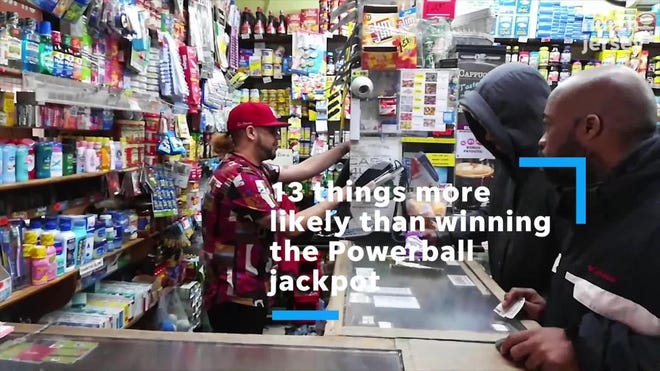

New research by scientists in Cincinnati is looking at whether different Food and Drug Administration emergency-approved COVID-19 vaccines can be mixed if there’s a need for boosters.Cincinnati Children’s Hospital is researching the possibility of using the mRNA Moderna vaccine as a booster for the one-shot DNA Johnson & Johnson vaccine.Children’s Hospital will soon be looking at other combinations of approved vaccines too.“We know people are going to go do this, so we want to have data to inform the community. It may not be the greatest idea, or maybe it looks fine, it doesn’t cause any problems,” said Dr. Robert Frenck of Children’s Hospital.Frenck led the Pfizer vaccine research at Children’s and is now leading the research on COVID-19 vaccines for children. He’s also part of the new research into boosters and combining vaccine platforms.Frenck said there are lots of unknowns about mixing vaccines for boosters right now.“Does that make any difference in the side effects? Does it have any effect in their immune response? Does it go up compared with people who stayed with the same vaccine?” Frenck said.Another series of studies are being done by the global company CTI, headquartered in Cincinnati and Northern Kentucky.CTI is studying a Johnson & Johnson vaccine with a Johnson & Johnson booster.Another important question is if boosters will be needed at all.Frenck said the most current data shows the vaccines are as effective at six months as they were at two months.“We were concerned that the vaccine would only last a few months and we would need a booster. Right now, if things stay the way they are, we may not need one,” Frenck said.
New research by scientists in Cincinnati is looking at whether different Food and Drug Administration emergency-approved COVID-19 vaccines can be mixed if there’s a need for boosters.
Cincinnati Children’s Hospital is researching the possibility of using the mRNA Moderna vaccine as a booster for the one-shot DNA Johnson & Johnson vaccine.
Children’s Hospital will soon be looking at other combinations of approved vaccines too.
“We know people are going to go do this, so we want to have data to inform the community. It may not be the greatest idea, or maybe it looks fine, it doesn’t cause any problems,” said Dr. Robert Frenck of Children’s Hospital.
Frenck led the Pfizer vaccine research at Children’s and is now leading the research on COVID-19 vaccines for children. He’s also part of the new research into boosters and combining vaccine platforms.
Frenck said there are lots of unknowns about mixing vaccines for boosters right now.
“Does that make any difference in the side effects? Does it have any effect in their immune response? Does it go up compared with people who stayed with the same vaccine?” Frenck said.
Another series of studies are being done by the global company CTI, headquartered in Cincinnati and Northern Kentucky.
CTI is studying a Johnson & Johnson vaccine with a Johnson & Johnson booster.
Another important question is if boosters will be needed at all.
Frenck said the most current data shows the vaccines are as effective at six months as they were at two months.
“We were concerned that the vaccine would only last a few months and we would need a booster. Right now, if things stay the way they are, we may not need one,” Frenck said.
Source link








